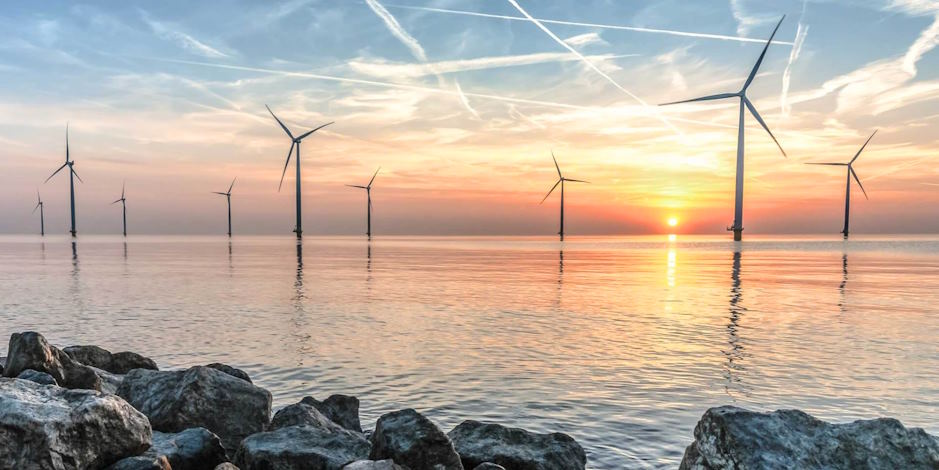Clean energy technologies offer many environmental benefits, significantly contributing to a sustainable future. Simultaneously, they have the potential to foster economic growth, create jobs, and shape a green economy. Here, we delve into the environmental and economic advantages of embracing clean energy.
Environmental Benefits
Reduced Greenhouse Gas Emissions
The most prominent environmental benefit of clean energy is the substantial reduction in greenhouse gas emissions. Renewable energy sources like wind, solar, and hydropower produce little to no direct emissions, mitigating climate change and reducing air pollution.
Improved Air and Water Quality
We can significantly improve air and water quality by replacing fossil fuels with clean energy sources. Fewer emissions from power plants and transportation lead to fewer atmospheric pollutants and cleaner water sources.
Conservation of Natural Resources
Clean energy technologies, particularly renewables, rely on inexhaustible resources such as sunlight, wind, and water. It reduces the strain on finite fossil fuel reserves and helps conserve natural resources.
Biodiversity Conservation
Clean energy development often involves less habitat disruption compared to traditional energy sources like coal mining or oil drilling. It can help protect ecosystems and biodiversity.
Resilience to Climate Change
Clean energy adoption enhances resilience to climate change by reducing our reliance on vulnerable energy sources. For example, distributed renewable energy systems can continue to operate during extreme weather events.

Economic Benefits
Job Creation
The clean energy sector is a significant source of employment. The construction, installation, and maintenance of renewable energy systems and energy-efficient technologies create a wide range of jobs, from technicians to engineers.
Economic Growth
Investment in clean energy stimulates economic growth. It spurs innovation, attracts private investment, and establishes new industries. For example, the solar and wind energy sectors have grown substantially in recent years, driving economic expansion.
Reduced Energy Costs
Clean energy technologies can lead to reduced energy costs for consumers and businesses in the long term. Energy-efficient appliances, solar panels, and other technologies allow for cost savings on electricity bills.
Energy Independence
By diversifying energy sources and relying more on domestic renewable resources, countries can reduce their dependence on imported fossil fuels. It enhances energy security and reduces vulnerability to energy price fluctuations.
Technological Innovation
Pursuing clean energy solutions fosters technological innovation, which can spill over into other industries, driving overall economic development.

